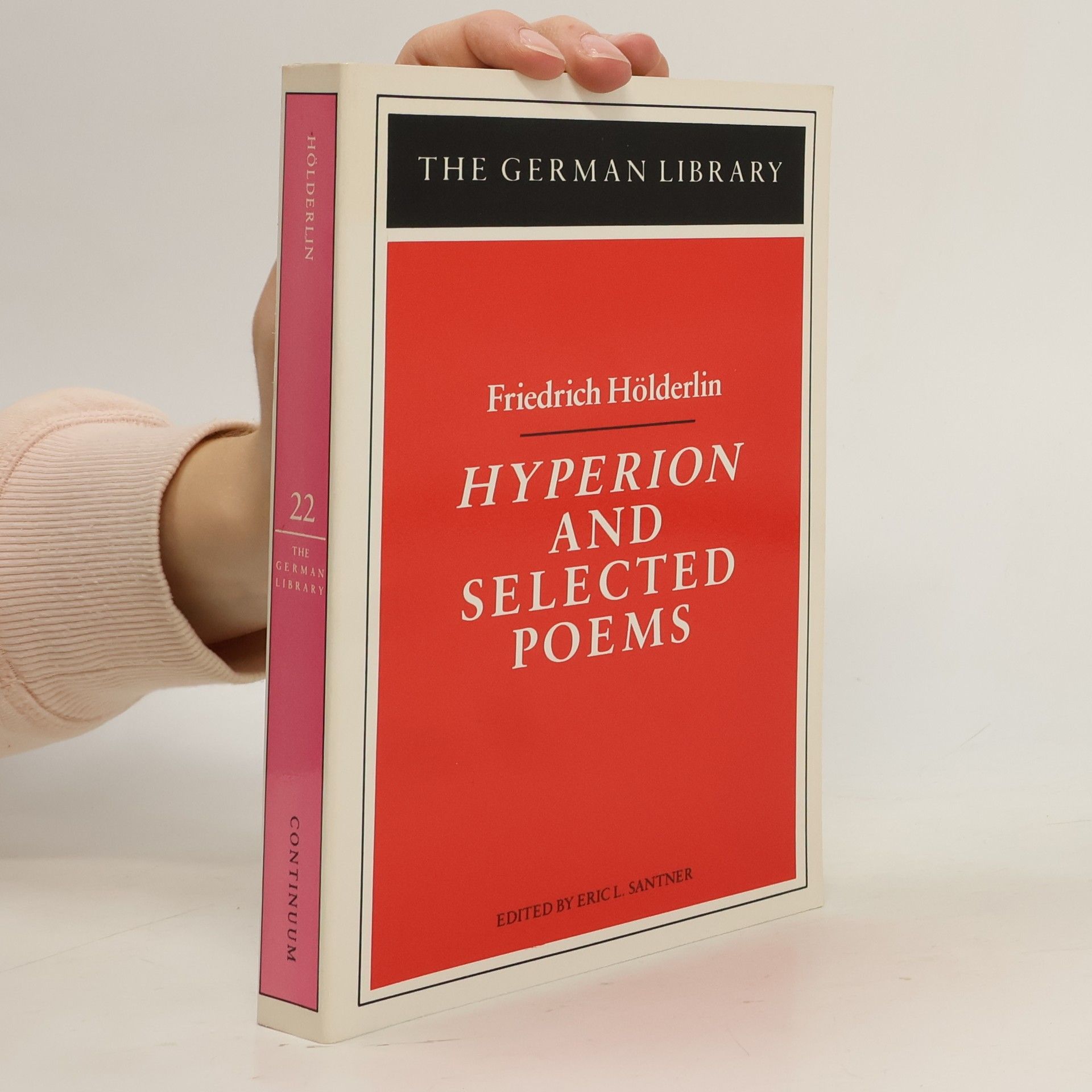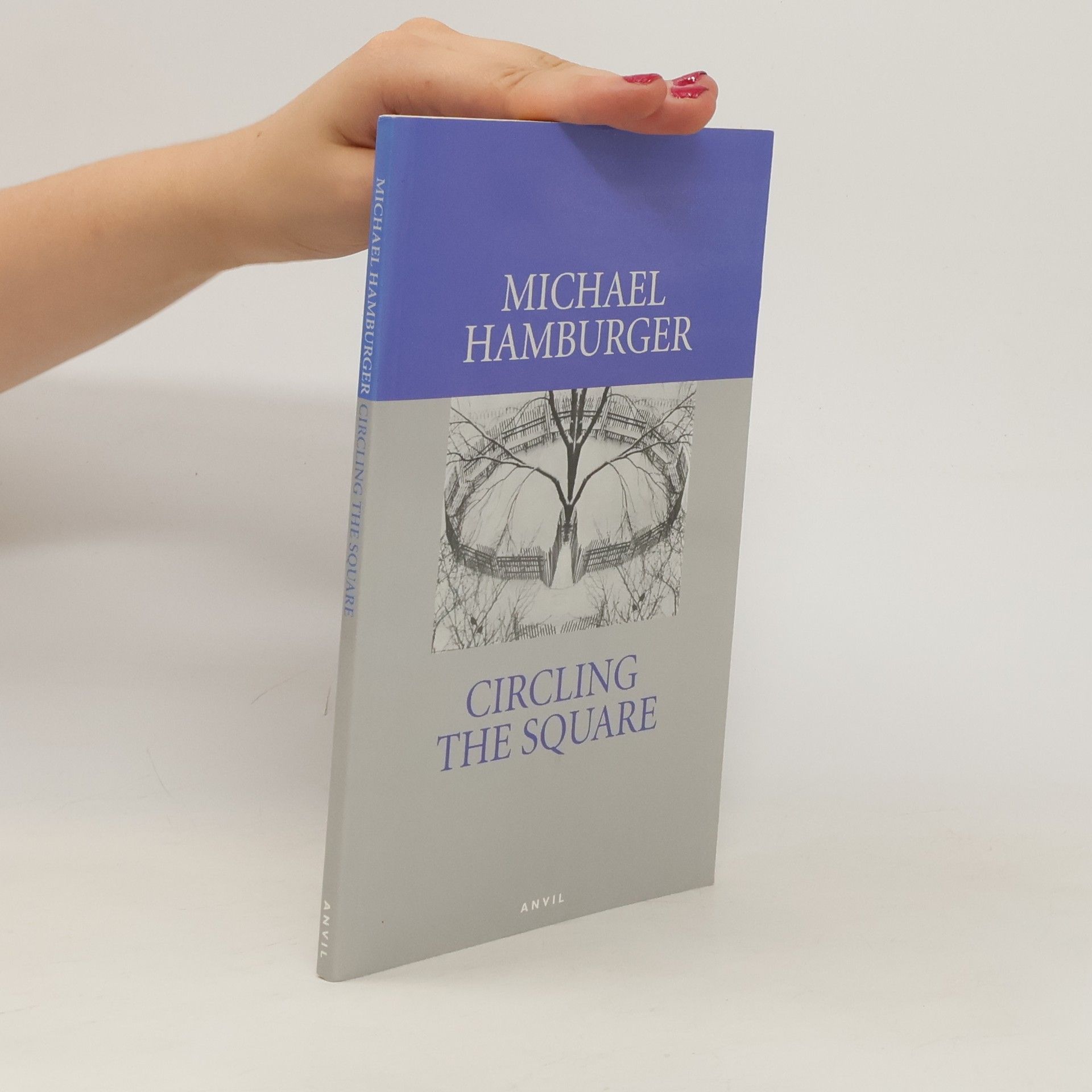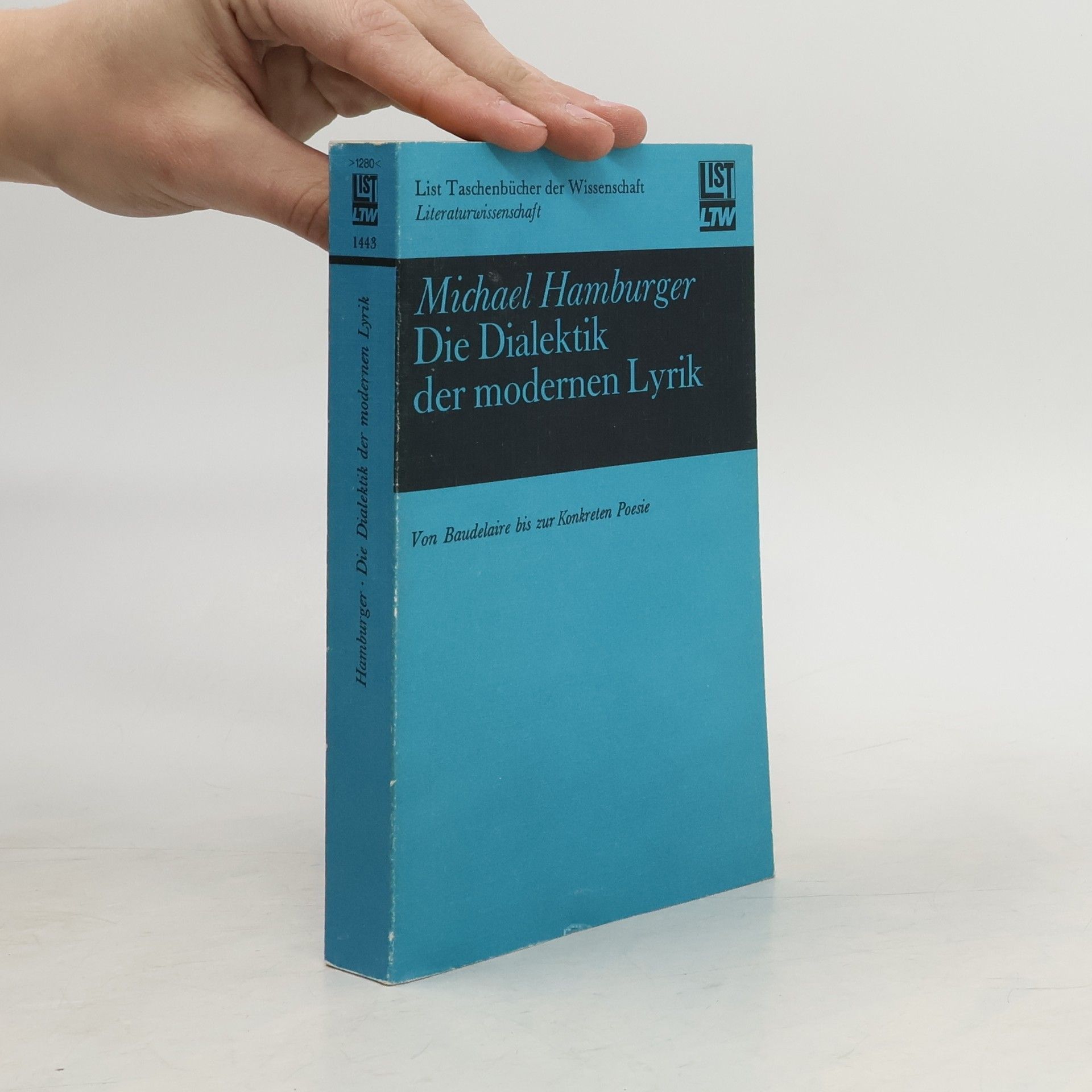This collection features a mix of essays and rare translations, showcasing both renowned and obscure German writers and poets like Hölderlin, Benn, Mann, and Nietzsche. Originally published in 1957, it offers insights into the literary contributions of these figures, enriching readers' understanding of German literature through diverse perspectives and analyses.
Michael Hamburger Livres






Circling the Square
- 88pages
- 4 heures de lecture
Gathers Michael Hamburger's poems written during 2004-2006.
The Garden of Theophrastus and Other Poems
- 183pages
- 7 heures de lecture
The German Library - 22: Hyperion and Selected Poems
- 320pages
- 12 heures de lecture
English (translation)Original German
Gedichte, die Bäume als belebte Wesen begreifen. In dreizehn Gedichten zeichnet Hamburger die Lebendigkeit, Zähigkeit und Überlebenskraft verschiedener Baumarten. Die Bäume stehen vereinzelt in der Wahrnehmung. Während der Lyriker über die Pappel, die Weide, die Buche, die Birke, die Eibe, die Ulme, den Feigenbaum, die Eiche schreibt, spürt er stets dem Wesen, dem Belebten nach und begreift die Bäume als Symbole lebendiger Anwesenheit – weit über ihr zeitliches Ausmaß hinaus. Der Band schließt mit dem Gedicht über den Sturm von 1987, den Hamburger als Massaker an mehreren hunderttausend Bäumen empfindet. „Es kam wie ein Gericht“ – der Sturm als Strafe für das Überschreiten des menschlichen Maßes.
Vernunft und Rebellion
Aufsätze zur Gesellschaaftskritik in der deutschen Literatur



